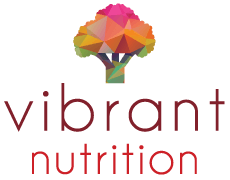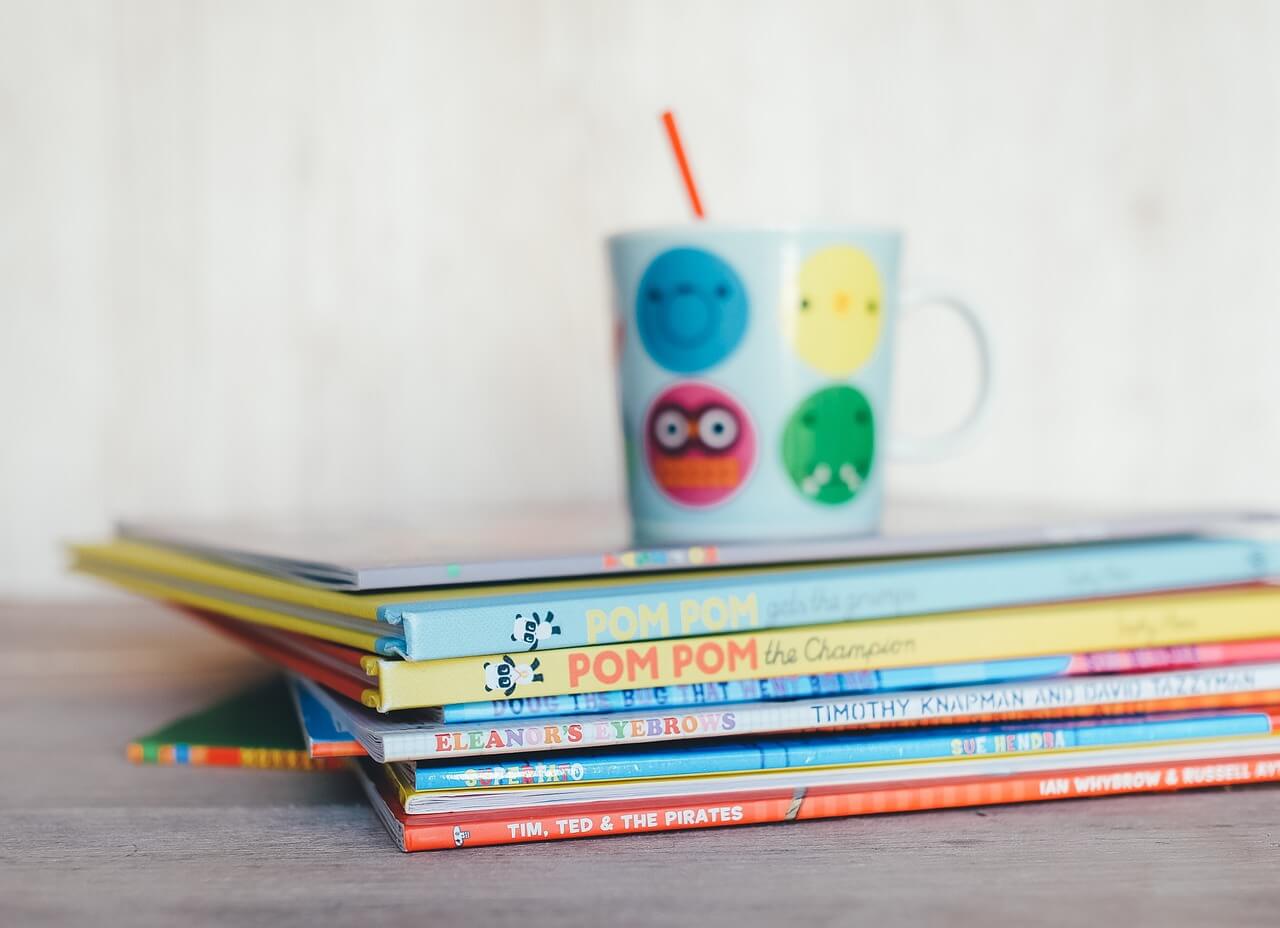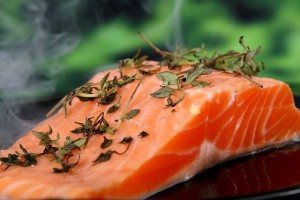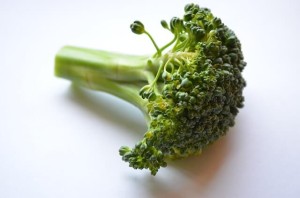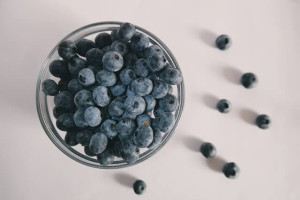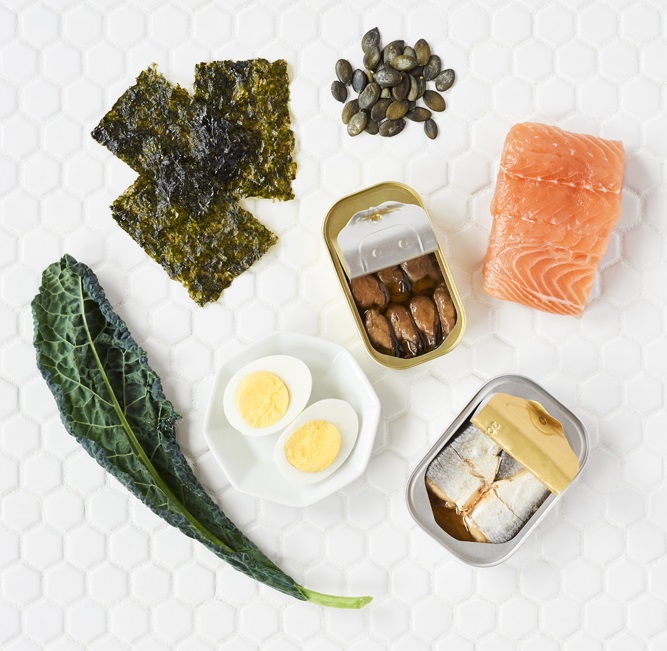March 31st, 2017
5 Powerful Brain-Boosting Foods for Your Baby
Nutrition is the key to boosting brain health for kids, but many Canadian families don’t know which foods to choose. As parents we want our children to thrive at school, to love learning and have the best options available to them.
This list will focus on 5 powerful foods for your child’s brain that won’t break the bank and that are available in most grocery stores.
With food costs at an all-time high, its important to bust the myth that you need to buy rare or expensive supplements or food items to support your child’s development.
1. Pumpkin Seeds
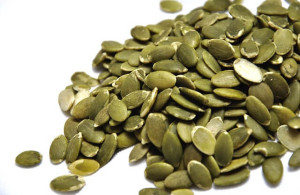 Pumpkin seeds, also called pepitas, are an amazing source of iron, and one things we know for sure is that iron is crucial to proper brain function in children.
Pumpkin seeds, also called pepitas, are an amazing source of iron, and one things we know for sure is that iron is crucial to proper brain function in children.
In fact, iron is the nutrient we most often counsel parents to focus on when they start their kids on solid foods, since not having enough iron has serious cognitive effects on kids from babies through childhood.
There was a study in young women that showed that eating just 30 grams of pumpkin seeds daily can significantly improve iron status.
There are a host of iron rich foods out there, but by providing 23% of your iron needs in 1 ounce, pumpkin seeds are by far the easiest, most portable and most fun for little hands and bellies.
Another nice thing is that they are more cost-effective at this point than meat.
How much should my kids eat?
While there is no prescribed amount, start with a small amount and work up to a ¼ – ½ cup daily mixture of nuts and seeds for a whole host of nutrients including protein, healthy fats, fiber, magnesium, vitamin E, calcium and zinc.
2. Fish
When we eat fish, we get two essential fats in their usable form: DHA (dehexanoic acid) and Epentanoic acid.
These essential fatty acids are called “essential” for a reason: they are crucial to brain and eye development from the very beginning of our children’s lives.
Any fish or seafood will contain these fats, but the fatty fish, such as salmon, trout, sardines and mackerel are an especially good source.
Having fish two times a week can be a great way to get plenty of these essential fats in a realistic meal schedule.
How much should my kids eat?
3 ounces (75 grams) 2 times per week, minimum.
3. Eggs
An almost-perfect food in many ways; boiled, scrambled, poached, even sunny-side up, these provide kids with choline and ARA, which are very important for brain health.
ARA stands for arachidonic acid, and babies get high levels of it as infants from human milk and most infant formulas. It is an indispensable part of the proper growth and cell division of brain cells, neurological signalling, and basic cellular functions.
As babies start eating solid foods ARA levels drop more than 80%, so eggs are a great way, along with poultry, seafood and beef, to get those levels back up.
Eggs are by far the easiest option, and relatively cost-effective based on all you get from a child eating just one. The yolk of the egg is where we find choline, and this is a precursor to acetylcholine, a neurotransmitter that is important for healthy nerve and brain function.
How much should my kids eat?
Anywhere from 1-2 eggs per day is a great start, be wary of feeding baby too much though as they have limited tummy space and eggs are very filling.
4. Broccoli
Broccoli; it’s at the heart of healthy eating, and certainly when it comes to kids, its benefits can’t be understated.
Broccoli is a fantastic source of vitamin C, containing even more than oranges. It is also a source of lutein, folate, calcium and potassium, and a great source of vitamin A as well.
But it’s broccoli’s beta-carotene, lutein and zeaxanthin trifecta that really boosts brain health. These plant pigments are not found together in such high levels in many other foods, so broccoli has a real all-in-one appeal to parents; who doesn’t want to simplify feeding their kids?
Some kids are genetically prone to finding broccoli very bitter; they will detect the compound 6-npropylthiouracil as a bitter taste. To make it more palatable you can roast broccoli with olive or coconut oil to bring out the natural caramelization and offer dips such as tzatziki or even hummus.
How much should my kids eat?
There is no prescribed amount, but more is better – aim for ½ cup to 1 cup per day.
5. Blueberries
Blueberries! A Canadian fruit that we relish in the midst of summer, and a powerful source of anti-oxidants all year round.
When they’re not in season, frozen blueberries are the perfect way for kids to keep enjoying the taste and nourishment that come from these little purple wonders.
Try to find wild frozen blueberries if you can – they are slightly higher in the plant pigments that give them brain-boosting power, but if not, regular frozen blueberries are still a great choice.
Studies have shown improvements in learning and recall from a compound extracted from blueberries in concentrated form. But that doesn’t mean you should just feed your kids blueberry supplements or extracts – the best part of blueberries is really their taste and snack appeal to young kids, and if whole blueberries are a part of your kid’s diet they will be exposed to that compound over time, as well as a whole host of other benefits including fiber, vitamin C, vitamin K, manganese, potassium, and lots of energy.
How much should my kids eat?
There is no prescribed amount, but aim for ½ cup to 1 cup per day.
6. Processed Food
I bet you are wondering why processed food is on this list!
As much as we want to fill our kids’ bellies with the RIGHT stuff to boost their brains, reducing and limiting the frequency of the WRONG stuff does as much good!
If the majority of your child’s food becomes packaged and processed, the lack of nutrition could affect their brain health. Trace minerals, healthy fats, and vitamins would largely be missing, and the addition of colours and preservatives found in processed foods have known effects on concentration and hyperactivity in some children.
Of course, it’s unrealistic to suggest there should be no processed food in their lives (birthday parties/Halloween/life anyone?!). I am suggesting that for those regular meals and snacks you have more control over, 85% of what your child is eating should be as unprocessed as possible.
Try as much as possible to feed them whole foods: fruits, veggies, whole grains, homemade or very well made products, dairy or calcium-rich foods, healthy fats, and healthy proteins. With whole foods, lots of water, a daily drop of Vitamin D, and some quality sleep, your child will be well on their way to being “brain-boosted”.
How much should my kids eat?
As little processed food as possible; choose whole, real food options as much as you can as a family.
The Bottom Line
.The important thing to remember is that it’s the long term, day-in and day-out diet of your kids that affects their growth. Feeding your babies and kids is about the LONG GAME. If they are eating whole, unprocessed foods most of the time, and being given lots of love, you are bound to have a bright kid on your hands!
I’d like to end by suggesting tonight’s dinner for families reading: wild-caught salmon or canned salmon, with roasted broccoli topped with toasted pumpkin seeds. Who knows, you may start to feel the brain boost by bedtime!!!
Want to Learn More Brain-boosting Tips?
You can learn more ways to boost you child’s brain power in Jill Javelosa-Alvarez’s fantastic book, The Handbook for Busy Parents: Boost Your Child’s Brain Power in 15 Minutes a Day. I contributed the chapters on nutrition.
